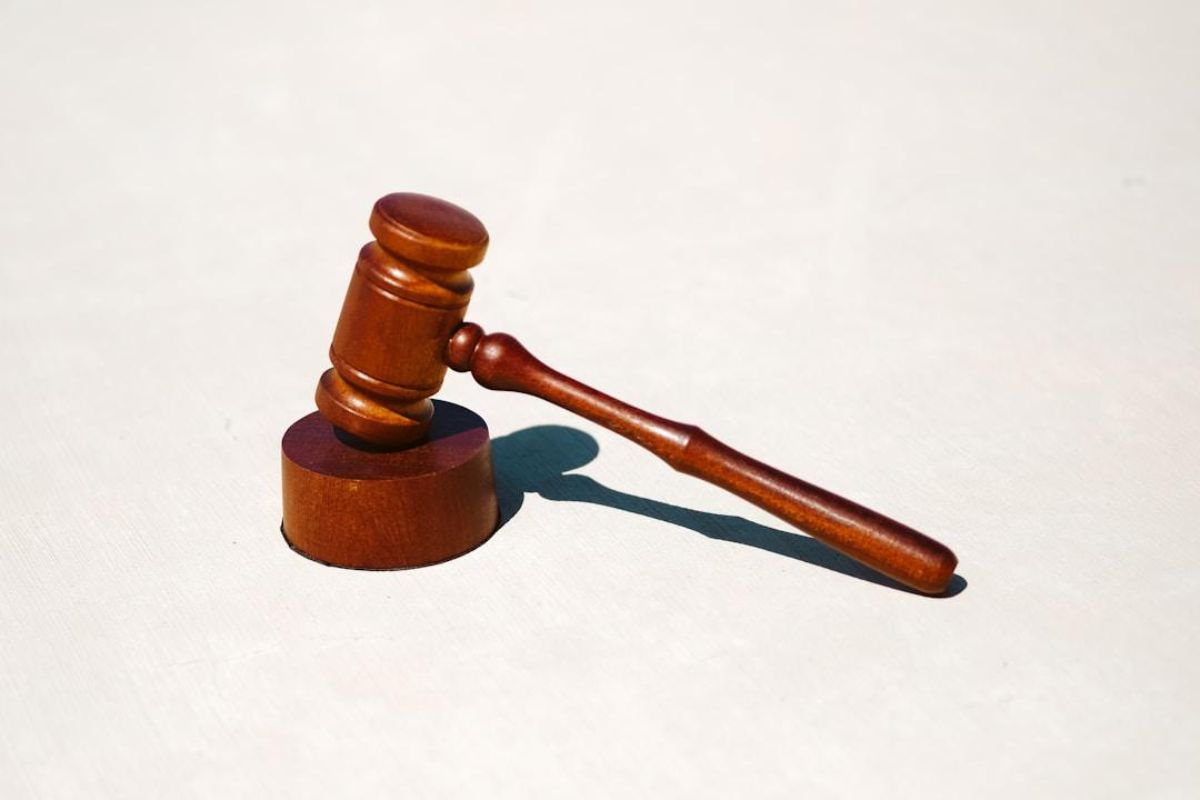Experiencing a personal injury can be an overwhelming and disorienting experience, especially in a bustling city like Las Vegas. With the city’s fast-paced environment and high-stakes atmosphere, knowing the right steps to take following an injury is crucial for your health, peace of mind, and legal rights.
From taking the proper medical precautions to seeking the counsel of injury attorneys in Las Vegas, there are several things that you should do in the aftermath of a personal injury. Below, we provide a foundational pathway to aid in your recovery and prepare you for what lies ahead after a personal injury in Las Vegas.
Immediate Steps Following a Personal Injury in Las Vegas
After an injury incident, your first priority should be to assess your immediate safety and the safety of those around you. If necessary, move to a secure location away from any potential hazards. It’s equally important to resist the urge to place blame or admit fault at the scene; emotions can run high, and statements made during this time could affect future claims.
Once safe, notify the appropriate authorities to report the incident. In the case of traffic accidents, contact law enforcement so they can document the scene. For incidents on commercial property, notify the premises owner or manager. Official reports serve as vital documentation for any subsequent legal action.
Gathering information at the scene is also a critical step. Exchange contact and insurance details with any other parties involved. If there are witnesses, politely ask for their contact information, too. Photographic evidence of the scene and the injuries sustained can be invaluable during the claims process.
Seeking Medical Attention


Following any personal injury, seeking immediate medical attention is paramount. Your health and well-being should always take precedence, and a prompt medical evaluation is necessary to uncover any injuries that may not be immediately apparent. Sometimes, injuries like painful whiplash or head trauma can take some time to show symptoms.
A complete medical record starting from the moment of the injury is a potent tool in a personal injury claim. Be thorough and consistent with your follow-up visits. This not only aids your recovery but also establishes a documented link between the incident and your injuries, which is crucial for any legal proceedings.
It’s also essential to keep a personal record of your symptoms and recovery progress. Take note of day-to-day challenges and pain levels, as well as the impact on your routine and ability to work. Such details contribute to a comprehensive understanding of the injury’s repercussions.
Understanding Your Legal Rights


Personal injury law can be intricate, and navigating it alone while recovering from your injuries can be daunting. Seeking counsel from a qualified personal injury attorney can offer clarity and guidance. A proficient lawyer can appraise the merits of your case and provide an overview of the potential outcomes.
Many injury attorneys operate on a contingency fee basis, which means you won’t pay legal fees unless your claim is successful. During an initial consultation, the attorney will evaluate the details of your injury and advise you on your legal rights and options.
An attorney can be an advocate for your best interests, dealing with insurance companies and defending your claim against any attempts to devalue it. A legal professional will also ensure that all filings are completed accurately and timely, adhering to Nevada’s statute of limitations for personal injury claims.
Filing a Personal Injury Claim
The formal legal process begins with filing a personal injury claim, which is detailed documentation of the accident, your injuries, and the compensation you’re seeking. Your lawyer will help you craft this document, ensuring all relevant facts and laws are accurately presented. This claim is then submitted to the responsible party’s insurance company.
Following the submission, the negotiation phase starts. The insurance company will likely offer a settlement to resolve the matter quickly. However, initial offers may not be in your best interests. With a lawyer’s negotiation skills, you can fight for a fair settlement that reflects the true cost of your injuries.
If the negotiation doesn’t result in a satisfactory settlement, you may need to take your claim to court. Trial procedures are complex, and having experienced legal representation becomes even more important. In court, your attorney will present the evidence, argue your case, and aim to convince the jury of the compensation you’re entitled to.
Overall, while no one expects to suffer a personal injury, being prepared with the right information and resources is vital. By following these steps and consulting with professionals, you can protect your health, rights, and future.
















